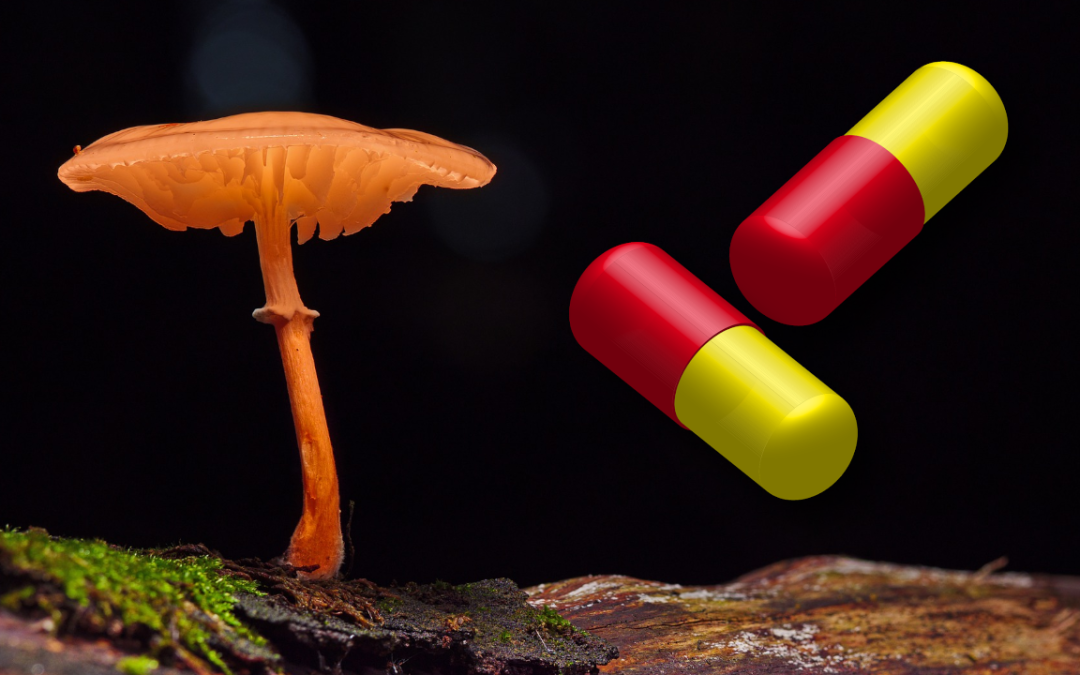One of the major areas of interest to biohackers is heal supplements. They come in various kinds and at various price points. Everything from supermarket bought multivitamins to rare herbal treatments from the top of mountains can be found out there. Opinions on the soundness of individual supplements as almost as varied as the variety on the market. So I thought I would write a list of ten biohacking supplements that are actually worth looking into.
10: Phenibut
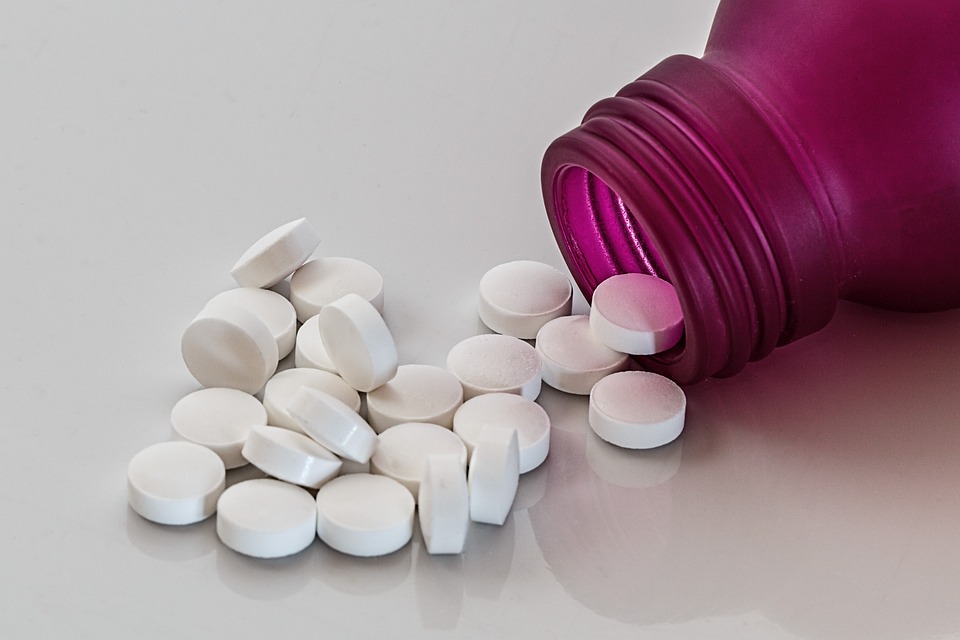
Phenibut is a central nervous system depressant that is similar to GABA. It was developed in the Soviet Union in the 1960s and is still used in some countries as a prescription medication for anxiety and insomnia. Phenibut is not approved for use in the United States, but it is available online as a dietary supplement. It is often marketed as a nootropic, a type of supplement that is supposed to enhance cognitive function. Most people use phenibut as a way to reduce anxiety, reporting it’s inebriating effect. If they are to be believed, phenibut could lend many of the benefits of alcohol, but without the devastating hangover. As a supplement it has been increasing in popularity these past years. Much of this increase is due to the damaging nature of alcohol use coming to light in so many medical studies.
9: Yohimbine
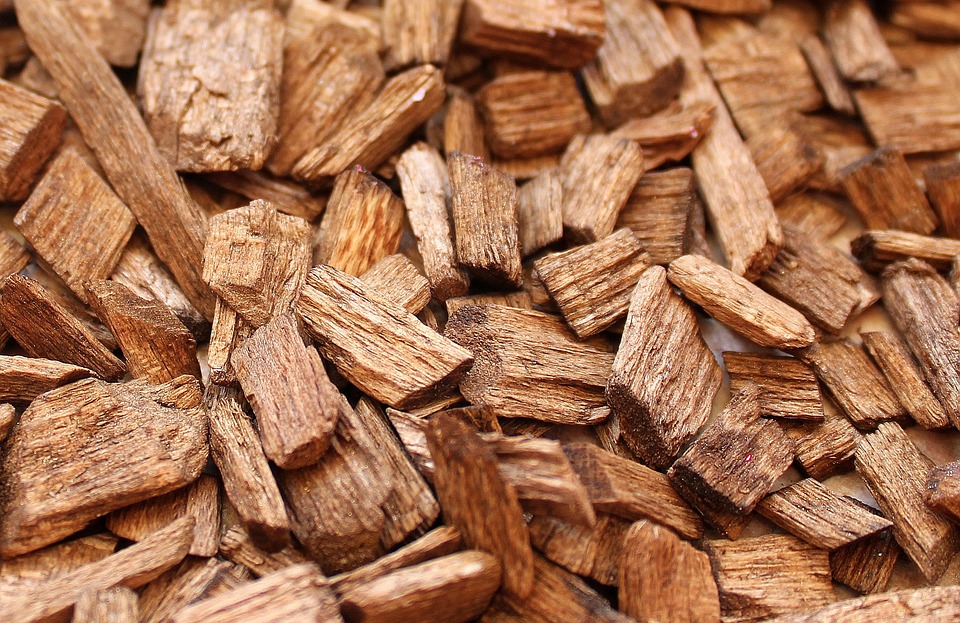
Yohimbine is a supplement that is derived from the bark of the Pausinystalia yohimbe, a tree native to West Africa. For centuries it has been used for all kinds of things related to blood flow – sex drive, erectile dysfunction, and oxygen regulation. But amazingly it’s more of a supplement used by bodybuilders and athletes. It is said to boost adrenaline levels, thereby causing fat cells to break down stored fat more efficiently. There was an incident in 2007 when an athlete tested positive for yohimbine, provoking a debate within the anti doping agency over whether it should be banned. As it stands, the substance remains legal.
Yet like other biohacking supplements, it is not just professionals who use yohimbine. Many amateurs use it for personal reasons, often to boost energy and help focus. I would advise anyone thinking of taking yohimbine to their own research first, and maybe consult people who have previous experience.
8: Lion’s Mane
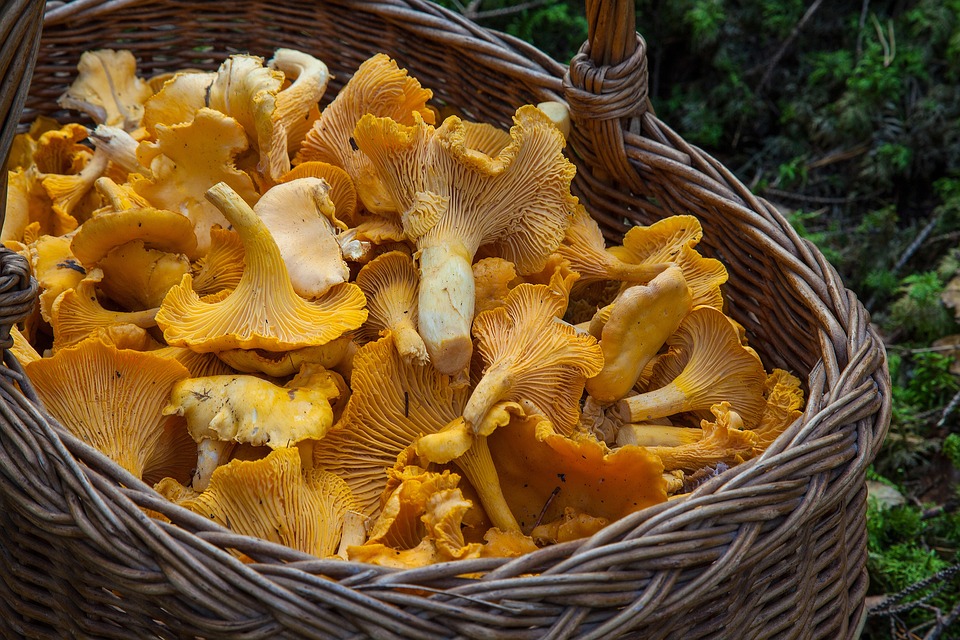
Lion’s mane is a type of mushroom that has been used in traditional Chinese medicine for centuries. There are many forms of mushroom, each with their own genetic profile. In fact, countless biohacking supplements are either mushroom based or entirely mushroom. Some are deadly to humans, some are safe but offer little nutritional value. Others are ridiculously good for you, providing a wide range of benefits. Lion’s Mane is believed to be one of the latter kind. Improving cognitive function, boosting the immune system, and reducing inflammation are the primary touted benefits.
The mushroom is especially rich in hericystin and erinacine, compounds thought to have a number of health benefits. Some research suggests that these compounds may help to improve how your brain works. Memory and concentration, often seen as markers of intelligence can potentially be assisted by Lion’s Mane. It does this by increasing the amount nerve growth factor in your brain. Found mostly on dead trees, there is no lack of supply. So Lion’s Mane can be bought at a very reasonable price. Even the biggest of mushroom sceptics admit there are no negatives in taking it. In the supplement business that’s a rare thing.
7: Vinpocetine
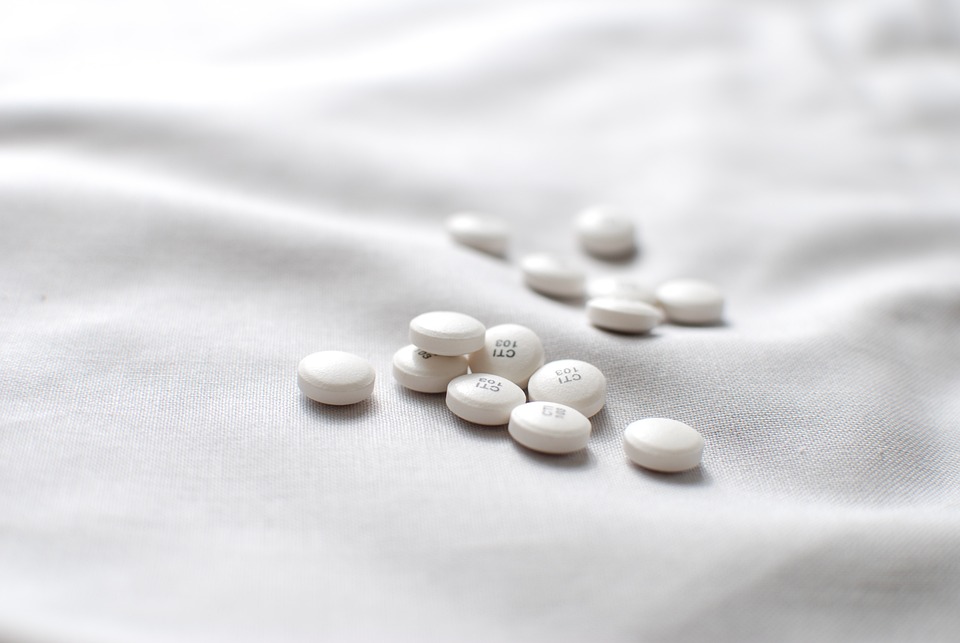
Vinpocetine is a reasonably rare supplement derived from a plant called the lesser periwinkle. Normally used as a cognitive enhancer, many biohackers claim it can improve memory and the general health of your brain. Yet controlled studied have not yet backed up these claims to a concrete standard. So I personally would not use Vinpocetine. Still, some studies have shown vinpocetine to improve cognitive function in people with Alzheimer’s disease. So maybe there is an upside to taking the supplement. As for how Vinpocetine works, it is thought to regulate sodium and calcium flow within the body. As far as the biohacking supplements on this list go, Vinpocetine is probably the most ethereal.
6: Rhodiola
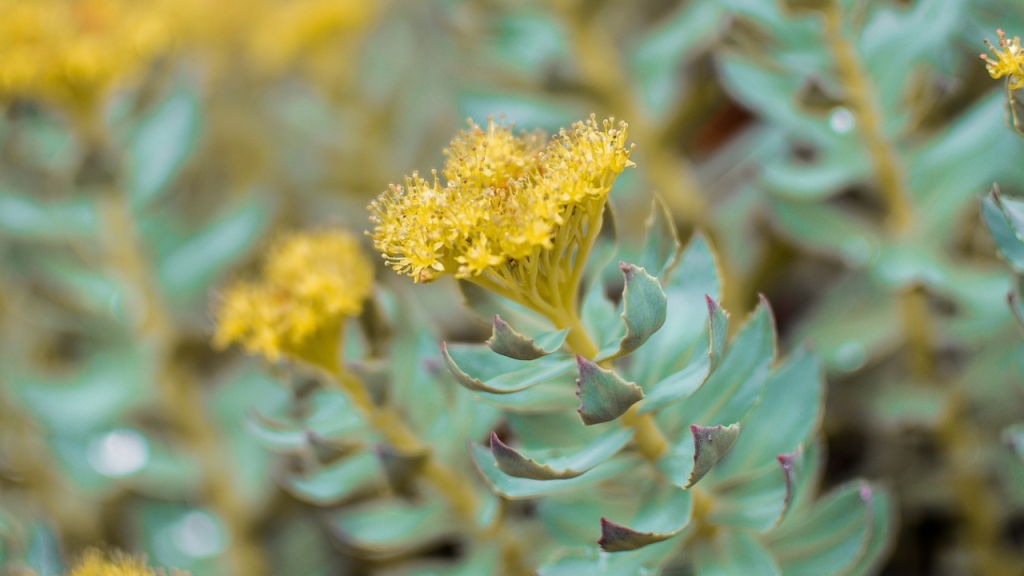
Rhodiola rosea is a plant that grows only in cold regions like the Arctic. High up in the mountains of Central Asia is also a well documented location. Rhodiola has been used for centuries as traditional medicine. And like with other folk medicine, there are numerous claimed benefits of the plant. These include a rise in physical fitness and mental performance, less stress, and a less harsh inflammation response. Rhodiola is often referred to as an “adaptogen,” which is a simple way of complicating a simple idea. Essentially, it means Rhodiola helps the body adapt to stress. And since stress adaption is so often sought after by athletes of all kind, Rhodiola may turn out to be an invaluable resource.
5: Ubiquinol
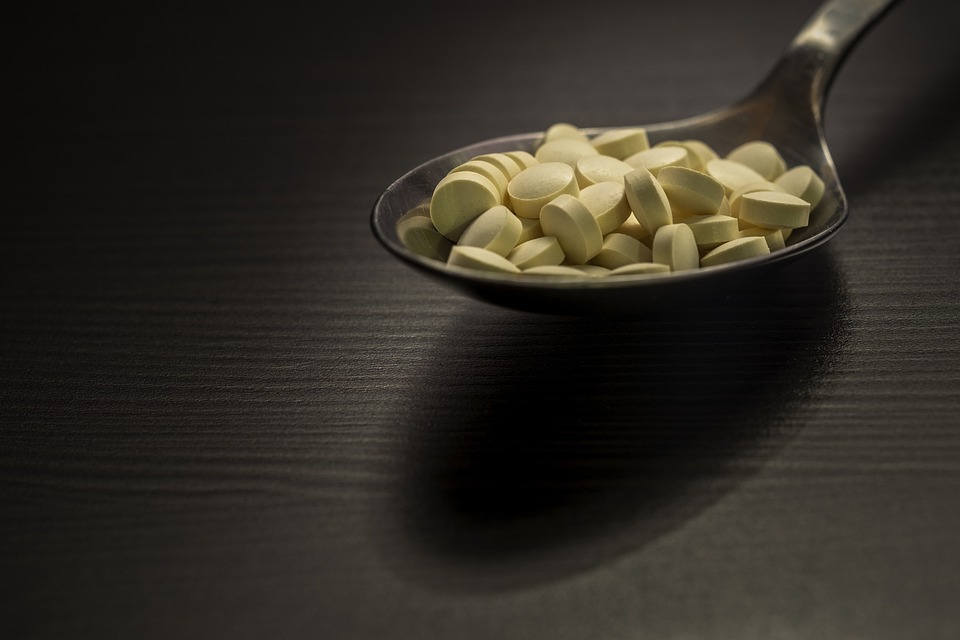
Ubiquinol is a supplement that is derived from coenzyme Q10, which is naturally present in the body. It is the reduced form of CoQ10, meaning that it is in a smaller, more usable state. CoQ10 is found in the mitochondria, the parts of our cells that actually produce energy. So in theory the more CoQ10 we have in our system, the more energy we will have. This could mean it helps with all kinds of things – from muscle recovery to fertility. But Ubiquinol is also thought to reduce the effects of diabetes. This is because insulin resistance seems to be correlated to mitochondria production.
Cancer and heart disease may also be avoided with the help of Ubiquinol. All these benefits and more could potentially be unleashed simply by taking a Ubiquinol supplement. Hence why CoQ10 is increasingly found in skincare products. It is even in the lotion I use. It is thought to work in the same way for each of these benefits. Increasing the energy production of our skin cells, many believe it can keep skin looking young and healthy.
4: Taurine
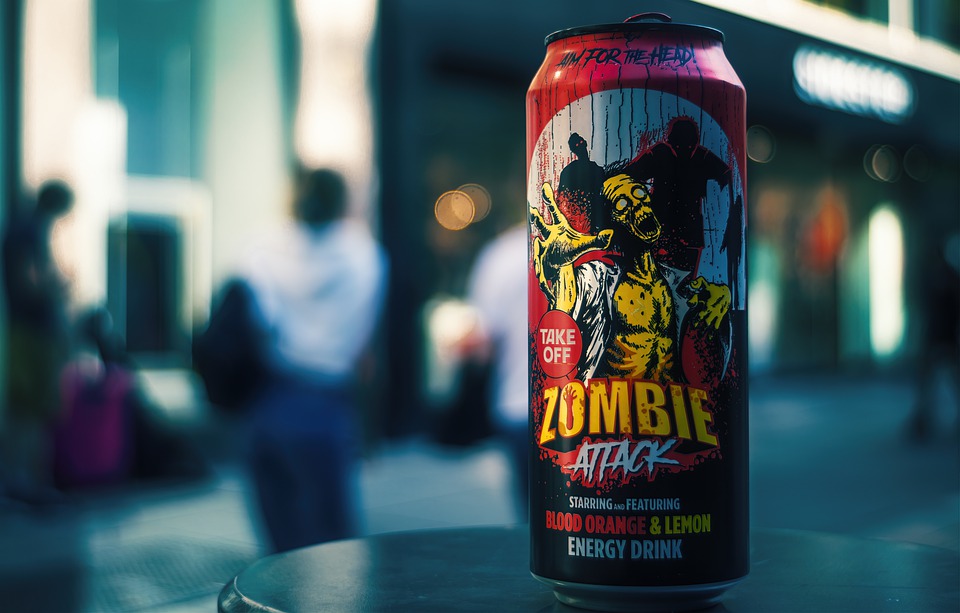
Another one of these biohacking supplements that naturally occur in the body is taurine. Taurine is an amino acid that is also present in some foods, such as meat and fish. If you’ve heard of taurine before, it’s probably because you’re a fan of energy drinks like red bull. Speaking of bulls, Taurine was originally extracted from Ox bile. Then in the 1840s it was also found in humans. Since then, people have been experimenting with ways to increase and decrease taurine levels in the body. Taurine, as it turns out is involved in a dozens of important functions within our body. Our nervous system may be the most noteworthy part of our body directly affected by taurine. But it is also needed for the very tissue of our being – of our muscles and cartilage.
Not all energy is metabolized equally by taurine. Fats seem to be especially targeted by this amino acid. So instead of storing fats we can use them for fuel. It is also an antioxidant, so it helps protect cells from damage caused by free radicals. With taurine benefiting the nervous system, you will find mental benefits in it too, with taurine acting almost as a neurotransmitter. This is why many biohackers take taurine to help alleviate social anxiety. So it’s not just gym rats who supplement taurine, it’s people of all spheres of life.
3: L-theanine
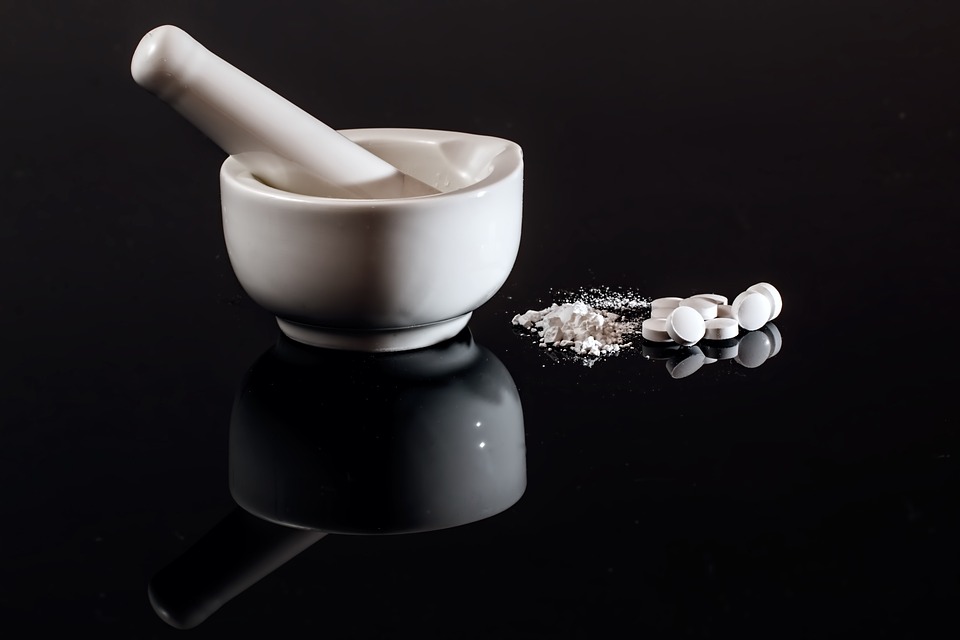
L-theanine is an amino acid that is found naturally in tea leaves and is also available as a dietary supplement. Fairly similar to taurine, many of the benefits of theanine and taurine are the same. Taurine itself is often called L-taurine. That is because L is a labelling term in chemistry. So L-theanine is the same as theanine. And the similarities do not stop at their names. Known for it’s soothing effects, theanine is why green tea is famously calming. Green tea has much more theanine in it than other kinds of tea or coffee.
High levels of theanine can also be found in some species of mushroom. But most people who knowingly take theanine do so in the form of a supplement. After all, it’s easier to take a simple pill than to brew and drink dozens of cups to green tea. Purported benefits of theanine are varied. Anxiety and insomnia are probably the most common use. But there is also general brain health, immune system support, and much more.
2: Tongkat Ali
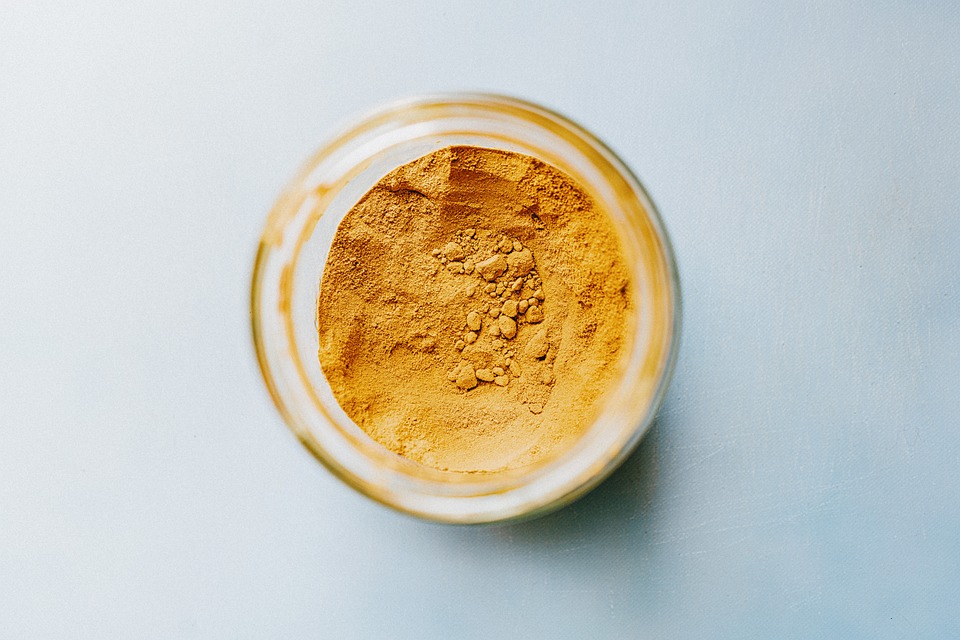
Tongkat Ali is known in some parts as longjack. Native to southern Asia, the plant grows tall and thin like bamboo. For centuries itt has been used in traditional medicine to improve male fertility. But today people use it more for it’s effects on athletic performance. Modern studies show that it can actually increase the testosterone levels in our nodies. Testosterone is a male sex hormone that is important for the development of reproductive tissues. It is also greatly affects the development of secondary sexual characteristics. Such secondary characxteristics include both facial hair and voice pitch. But testosterone is not only needed by men. While women have lower levels of the hormone, they need it too.
Quite why Tongkat Ali seems to raise testosterone is unclear. Conflicting studies are mounting and much debate has been forced over the question. But the results are clear, however. Which is why so many biohackers have taken to it like ducks to water. If a boost in testosterone is not what you are seeking, Tongkat Ali is also thought to have antioxidant properties. This means it could help to reduce oxidative stress. This in turn would reduce inflammation, heart disease risk factors, and cancer growth. Like a handful of other biohacking supplements, tongkat ali has greatly risen in popularity these past years. But still, most people have never heard of it.
1: Maca Root
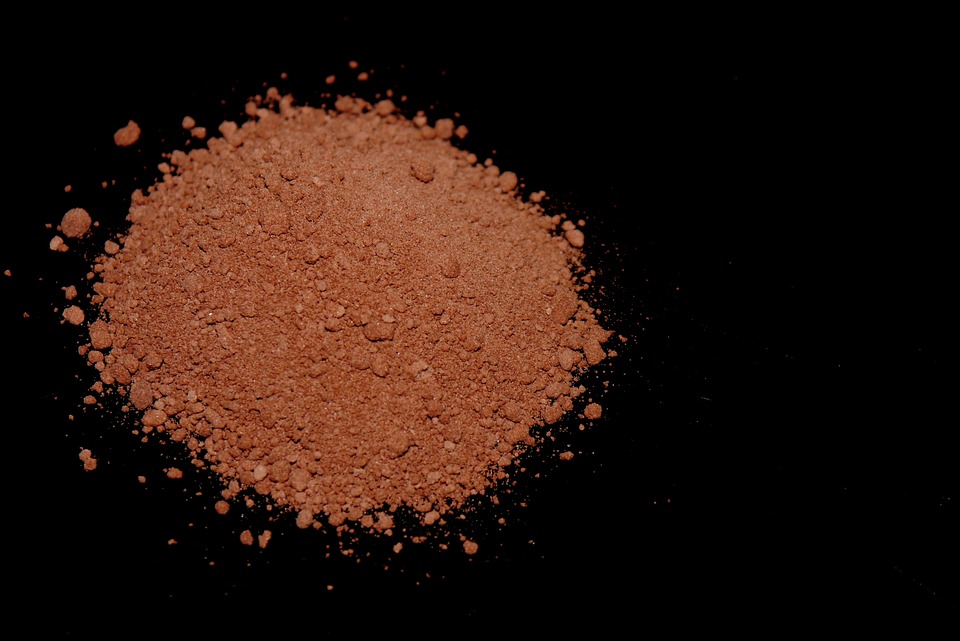
Maca root is a plant that is native to the Andes Mountains in South America. Also known as Peruvian Ginseng, the plant is now known mostly for it’s effects on sexual health. But there is a long history of it being used more as a mood stabalizer than anything else. Another adaptogen, it’s ability to help us adapt to stress may indeed make it useful in fighting depression. Scientific studies do not currently explain how Maca Root works exactly. But a boost in energy has been observed in those who regularly supplement it. The actual chemical working behind this is likely the same reason Maca Root seems to boost libido too.
So despite the true nature of this plant not being entirely known, millions of people across the world take it. And this trend will only continue. As Maca root supplements begin to appear more readily in supermarkets, it will no longer be just athletes and sex fiends who take them. Women are increasingly taking Maca Root to alleviate the symptoms of Menopause. Since estrogen levels change vastly during menopause, Maca Root might turn out to boast hormone levels across the board. Or at least stabilize them. And that brings us to the end of our list of biohacking supplements. They are not listed in any particular order, so there is no reason to believe Maca Root is necessarily vastly superior to Phenibut.
